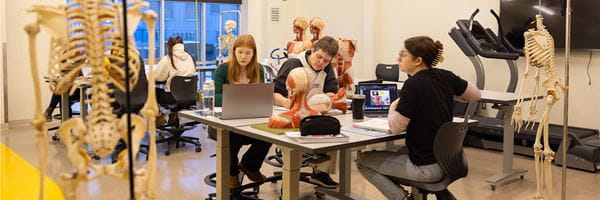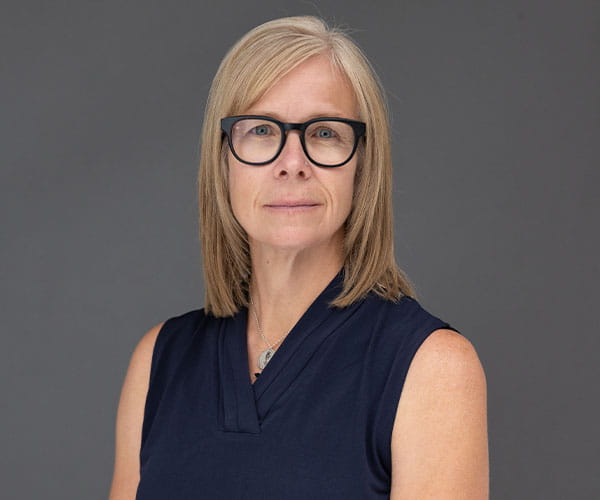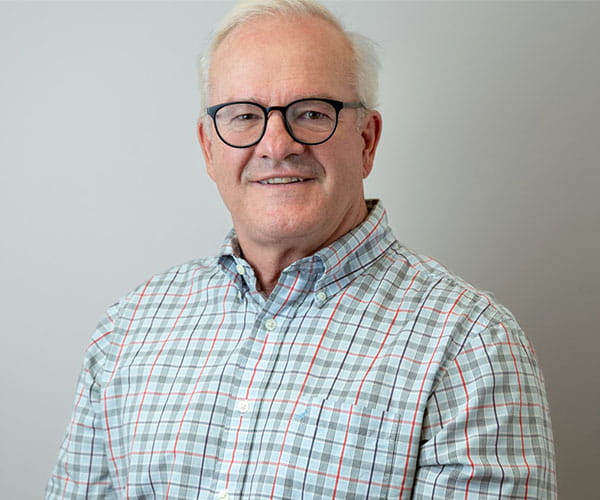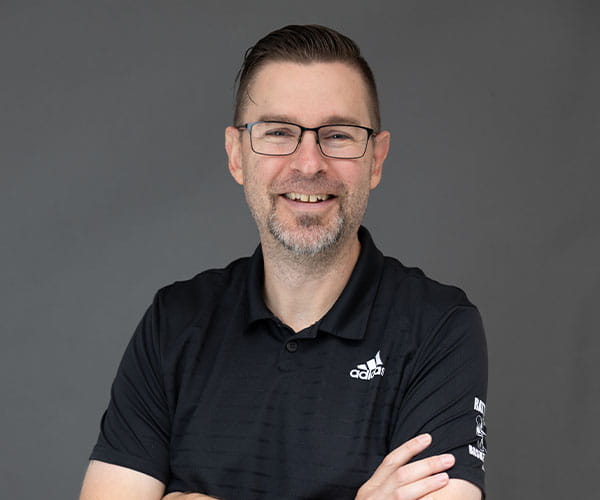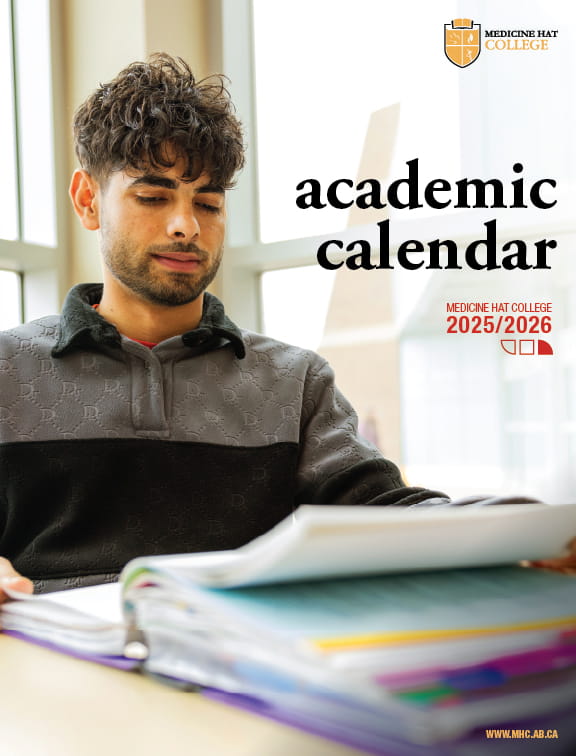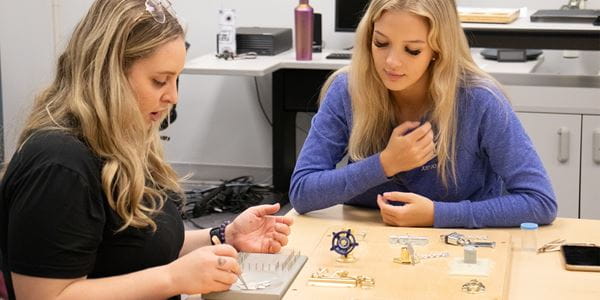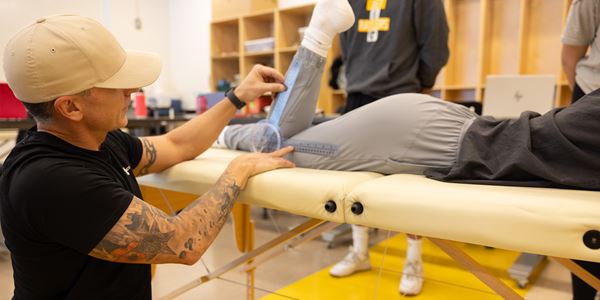Kinesiology
Kinesiology is an academic discipline that focuses on the study of human movement. Its goal is to use evidence-based research to improve human health, wellness, and athletic performance. The Kinesiology diploma is a two-year program that prepares graduates to work as qualified exercise professionals in a variety of fitness, health, sports, rehabilitation, and recreation environments.In this program, students acquire theoretical knowledge and practical skills around topics such as anatomy and physiology, fitness principles, nutrition, fitness assessment and exercise prescription, growth and development, exercise physiology, coaching, and the prevention and management of athletic injuries. This knowledge will become the basis for practical, work-integrated learning (WIL) experiences in a variety of sport, clinical, recreation, and wellness settings. Upon successful completion of the diploma, students can also obtain the Certified Personal Trainer certification through the Canadian Society of Exercise Physiology. Most of the courses in the diploma program also transfer to a variety of degree-granting institutions so that you can continue your university studies in Kinesiology or a related field.
High School Route
Overall average of at least 60% and a minimum mark of 50% in:- ELA 30-1
- Biology 30
- Math 30-1 or Math 30-2
- One 30-level academic subject
- One 30-level, 5-credit subject (excluding special projects)
Mature Student Route
- ELA 30-1
- Biology 30
- Math 30-1 or Math 30-2
English Language Proficiency
Students also need to meet English Language Proficiency at a higher level than the general college. For the International English Language Proficiency System (ELTS) students must have an overall band score of 7.0 with no band less than 7.0.
Year One
Year One - Term 1
- KNES 204 - Sociocultural Aspects of Leisure & Sport
- KNES 250 - Introduction to the Administration of Sport and Physical Education Programs
- KNES 261 - Human Anatomy
- PHSL 370 - Introduction to Human Physiology I
- KNES 2XX
- STAT 2XX or STAT 333
Year One - Term 2
- ENGL 2XX
- KNES 220 - Prevention and Care of Athletic Injuries
- KNES 247 - Introduction to Wellness, Fitness & Nutrition
- NUTR 200 - Introduction to Nutrition
- PHSL 371 - Introduction to Human Physiology II
Year Two
Year Two - Term 3
- PSYC 200 - Introduction to Psychology I - Natural Science OR
- PSYC 201 - Introduction to Psychology II - Social Science
- KNES 240 - Adapted Physical Education
- KNES 260 - Introduction to Coaching
- KNES 290 - Growth and Development
- KNES 373 - Exercise Physiology
Year Two - Term 4
- KNES 206 - Psychology of Sport and Physical Activity
- KNES 255 - Biomechanics
- KNES 270 -Fitness Assessment and Exercise Prescription
- KNES 295 - Practicum/Work Experience
- KNES 2XX
Graduates of the program are employable in entry-level positions in kinesiology-related environments such as:
- Physical therapy clinics
- Athletic teams
- Fitness clubs
- Senior centres
- Health and wellness centres
- Recreational centres
- Sports organizations
- Rehabilitation centres
Students may be required to provide a Police Information Check with Vulnerable Sector Search to the practicum placement supervisor prior to starting the placement. A current First Aid and CPR-level C certificate will be required in practicum placements. Please note that students are responsible for any fees involved in meeting these practicum requirements.
Additional Information
Students within this program will have the opportunity to achieve the following industry certifications:
- Canadian Society for Exercise Physiology (CSEP)- Certified Personal Trainer (CPT)
- Fitness Alberta (formerly the Alberta Fitness Leadership Certification Association)
- National Coaching Certification Program (NCCP) Modules
- Sports Medicine Council of Alberta (SMCA)- Sport Trainer
- CPR-C and Emergency First Aid
*Students are eligible to complete the CSEP-CPT national certification upon successful completion of all coursework. This is not required for successful completion of the program but rather an opportunity to gain a valuable industry certification. Students are responsible for any fees associated with obtaining this certification.
Continuation Requirements
- attain a minimum cumulative GPA of at least 2.0 at the end of year one.
- attain a minimum final grade of ‘C’ in all KNES, PHSL, and NUTR courses and a ‘C-‘ in all other courses
Graduation Requirements
To successfully complete the Kinesiology diploma, you must:
- attain a minimum final grade of ‘C’ in all KNES, PHSL, and NUTR courses and a ‘C-‘ in all other courses
- attain a grade of CR in KNES 295
- attain a minimum cumulative GPA of 2.0
The Kinesiology diploma program serves as a foundation for further education within the field by offering many of the same courses as the University Transfer: Kinesiology program; however, additional course work may be required as not all courses within this diploma program will provide transfer credit towards a Bachelor of Kinesiology and/or additional courses may be required for successful transfer. Upon successful completion of the program, students are awarded a diploma from Medicine Hat College, but they can also use many of their courses for credit transfer should they wish to further their university studies in Kinesiology.
Transfer to other programs and universities is possible but students are strongly encouraged to consult academic calendars of their intended transfer institution regarding admission requirements and course selection. A Medicine Hat College Academic Advisor or a University Academic Advisor can help students interpret and apply these requirements. Students are responsible for making informed course choices as part of their program planning. Students may access the Transfer Alberta Search Database online to determine Medicine Hat College course equivalent.

